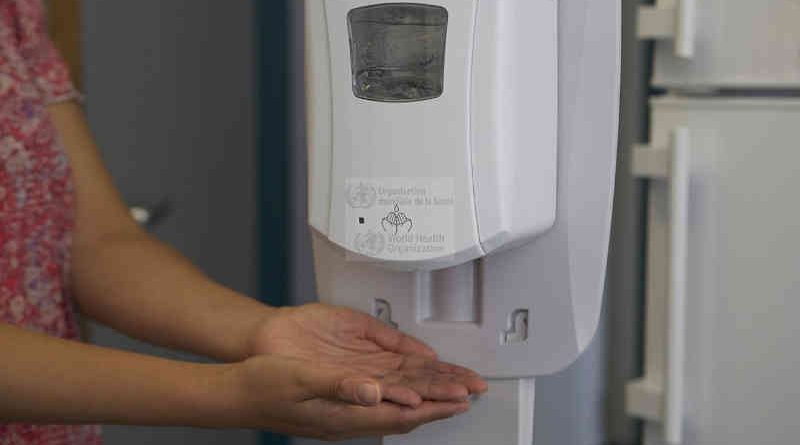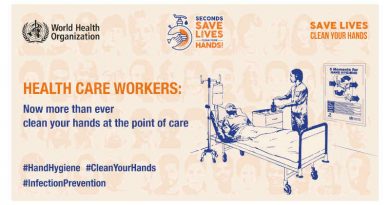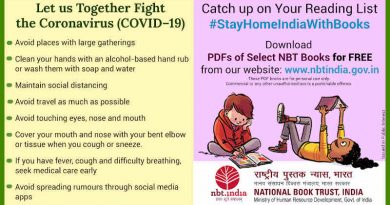Clinical Trials of Monoclonal Antibodies to Prevent Covid-19 Enrolling

All trial participants will be followed for safety for seven months after efficacy assessment period ends.
Two Phase 3, randomized, placebo-controlled, double-blind clinical trials testing whether experimental monoclonal antibodies (mAbs) can prevent infection by SARS-CoV-2 coronavirus are now enrolling healthy adults at clinical trial sites in the United States.
Many of the trial sites and study investigators are part of the Covid-19 Prevention Network (CoVPN), recently established by the National Institute of Allergy and Infectious Diseases (NIAID), one of the National Institutes of Health.
SARS-CoV-2 is the virus that causes coronavirus disease 2019 (Covid-19). The trials are enrolling adults who are at risk of infection due to close contact at work or home to persons with SARS-CoV-2 infection.
“The Covid-19 Prevention Network is designed to conduct large-scale trials rapidly and efficiently,” said NIAID Director Anthony S. Fauci, M.D. “This network will allow us to test the safety and efficacy of monoclonal antibodies and other preventive measures to help identify how best to reduce the level of SARS-CoV-2 infection and ultimately end the Covid-19 pandemic.”
Monoclonal antibodies are laboratory-made versions of proteins naturally produced by the immune system in response to invading viruses or other pathogens. Neutralizing antibodies, whether natural or monoclonal, can bind directly to portions of viruses that they use to attach to and enter cells, preventing them from initiating the infection cycle.
Monoclonal antibodies may provide short-term protection from SARS-CoV-2 and could serve as important components of the Covid-19 pandemic response until vaccines become available.
One trial is being conducted jointly by NIAID and trial sponsor Regeneron Pharmaceuticals of Tarrytown, New York. It will evaluate Regeneron’s investigational double mAb combination, REGN-COV-2, which is designed to bind to two points on the SARS-CoV-2 spike protein and prevent it from entering healthy cells.
The trial will enroll approximately 2,000 asymptomatic adults who are household contacts of persons with SARS-CoV-2 infection. Participants must have been in close contact (typically due to residing at the same address) with the infected person in a 96-hour window preceding administration of either REGN-CoV-2 or placebo.
In addition to assessing safety, the trial will seek to define whether REGN-COV-2 can prevent infection or disease symptoms in those already infected. The efficacy assessment will be a one-month period following administration of REGN-COV-2 or placebo. All trial participants will be followed for safety for seven months after efficacy assessment period ends.





